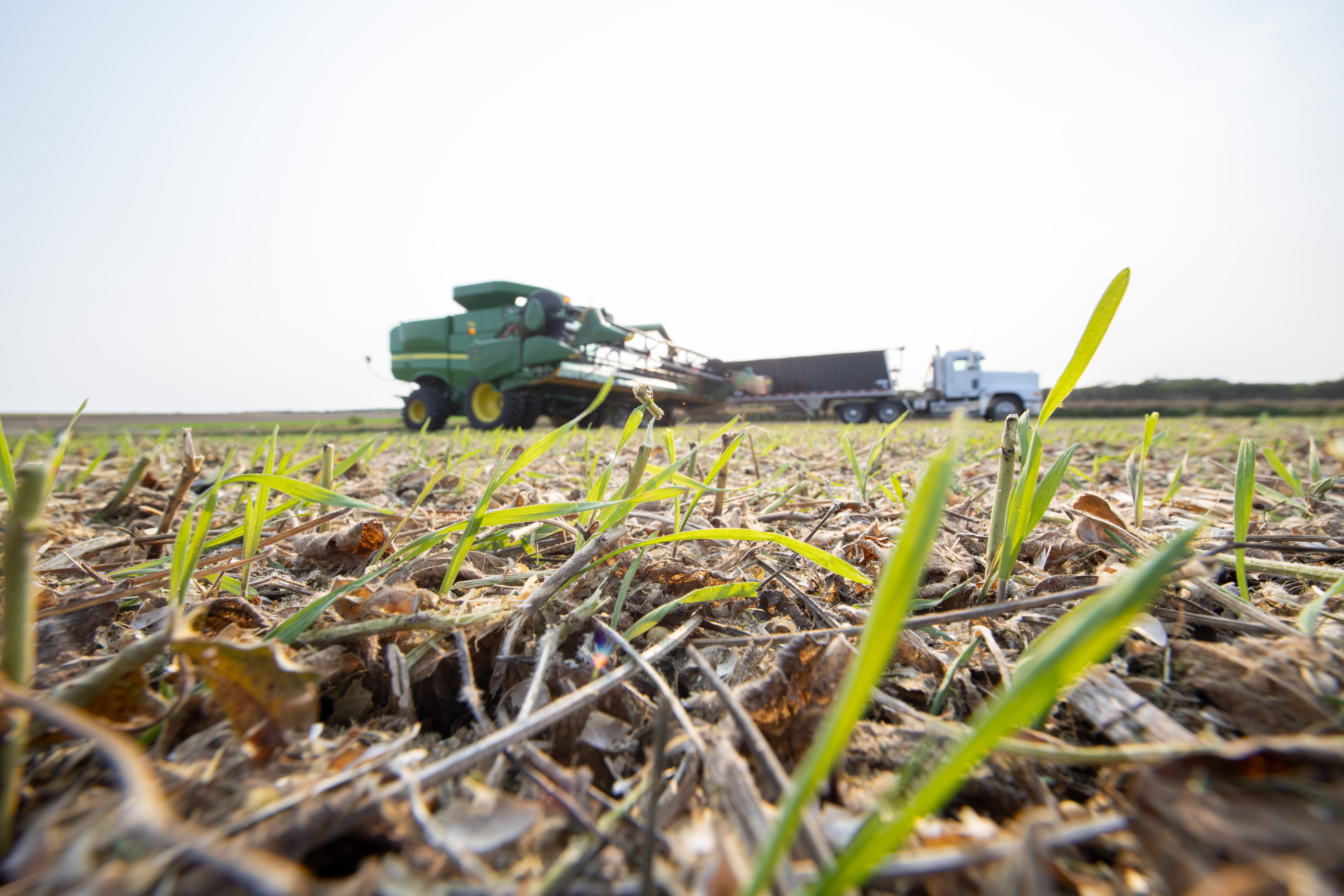FoodChain ID, a food safety, sustainability, and product certification provider, is announcing a new global standard for the certification of regenerative agricultural practices to support farmers and their customers in the journey toward a more sustainable supply chain.
FoodChain ID’s Regenerative Agriculture Standard is an independent, global, business-to-business certification standard for any type of farming, whether conventional or organic, that incorporates environmental elements and regenerative farming requirements for soil health and land management.
Created by Cosmocert S.A, a FoodChain ID company, in collaboration with agronomists, farmers, academia, and industry input under principles of ISO 17065, the new standard applies to food, fiber or other agriculture products. It offers certification levels from “under conversion” to “full expert” regenerative principles, allowing the farmers to progress in their journey toward more regenerative practices.
Regenerative agriculture aims to ensure healthy soils, increase biodiversity, restore ecosystem balance and mitigate the acceleration of climate change while enabling farmers to create a sustainable business. Those practicing regenerative agriculture seek to minimize mechanical operations and the use of inputs such as pesticides that can cause damage to soil, organic matter, water systems and living organisms.
“Our new Regenerative Agriculture Standard is the latest milestone in FoodChain ID’s long history of supporting a transparent and sustainable food supply chain,” said Dr. Chetan Parmar, FoodChain ID’s SVP of technical services for Europe and Asia. “As well as providing value chain transparency with chain of custody principles and audit flexibility with other standards or certification schemes, the standard’s tiered nature offers farmers recognition as they progress towards full regenerative practices.”
“As the food industry explores new ways to build resilience against climate change, regenerative agriculture will play a vital role in creating a more sustainable supply chain and limiting the environmental impact of farming,” said Kostas Diamantopoulos, CEO of Cosmocert. “This new global certification standard will help prepare farmers for inbound initiatives as the food system moves towards decarbonization – for example, the carbon credit exchange market – while scaling up regenerative farming methods for the good of both people and planet.”
FoodChain ID’s Regenerative Agriculture Standard is applicable to individual producers or groups of producers within any agricultural system, as well as processing and commercial companies for chain of custody and traceability.
To learn more about the new standard, visit FoodChain ID Regenerative Agriculture Standard.
Source: FoodChain ID





